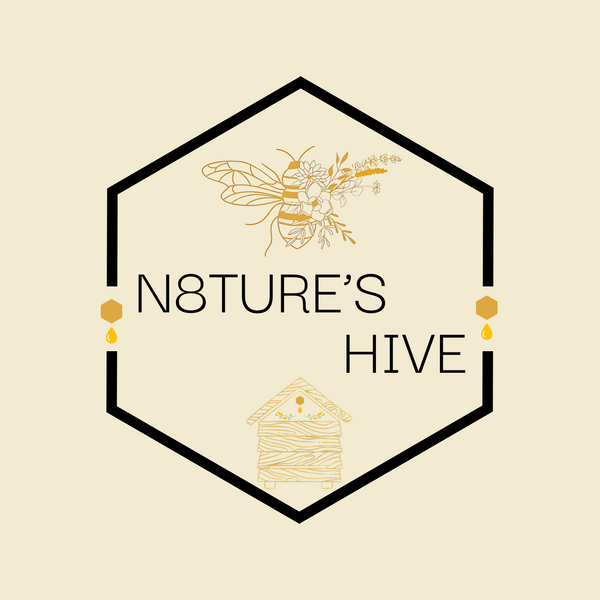
How Bees Support Our Planet: The Role of Bees in Biodiversity
Share
Bees are essential to the health of our planet. From pollinating the flowers we love to supporting crops that feed us, these tiny insects play a big role in sustaining biodiversity. Without bees, ecosystems and food systems around the world would face serious challenges. In this post, we’ll explore why bees are so vital to our environment and how each jar of honey or beeswax product contributes to their protection.
Bees: The Pollinators We Rely On
Bees are master pollinators, responsible for pollinating around 75% of the world’s leading food crops. They visit millions of flowers each day, transferring pollen from one bloom to another, which enables fruits, vegetables, and nuts to grow. Common crops like apples, almonds, blueberries, and cucumbers rely heavily on bee pollination. Without bees, many of these crops would decline, leading to reduced yields and higher prices for consumers.
Not only do bees help produce food, but they also contribute to the growth of flowering plants, which are crucial for the survival of many other species. By enabling plants to reproduce, bees support entire ecosystems. Their work ensures that a diverse range of plants can thrive, providing food and habitat for birds, insects, and mammals.
A Natural Ally for Biodiversity
Healthy bee populations are essential for maintaining biodiversity. The variety of plants that bees help pollinate contributes to resilient ecosystems, which are better able to withstand climate changes and other environmental stresses. This biodiversity provides vital services, including clean air and water, fertile soil, and the ability to regulate climate.
Bees also support wildflowers and natural habitats, which in turn feed countless other species. The decline of bee populations can lead to a domino effect, where fewer plants mean less food for other animals, disrupting entire ecosystems. For instance, birds that rely on seeds and fruits produced by pollinated plants may struggle to find food, affecting their survival and reproduction.
The Importance of Sustainable Beekeeping
To help protect bees and the environment, we focus on sustainable beekeeping practices. Sustainable beekeeping ensures that honey and other bee products are harvested in ways that do not harm bee populations. This includes providing bees with adequate food supplies, minimizing pesticide use, and promoting healthy hive management practices.
Supporting local beekeepers and choosing products from sustainable sources helps create a more robust bee population. Each purchase from our store contributes to a future where bees and biodiversity can flourish. By investing in these products, you’re not only enjoying the benefits of high-quality honey and beeswax but also playing a part in conservation efforts that support our planet.
What You Can Do to Help
Everyone can play a role in supporting bee populations and enhancing biodiversity. Here are a few simple actions you can take:
-
Choose Sustainable Products: When buying honey or beeswax products, opt for those from sustainable beekeeping practices. Look for local producers who prioritize bee health and environmental stewardship.
-
Plant Bee-Friendly Flowers: Create a pollinator-friendly garden by planting a variety of flowering plants that bloom at different times throughout the year. This provides bees with a consistent food source and encourages them to thrive.
-
Reduce Pesticide Use: If you garden, consider reducing or eliminating pesticide use. Many pesticides are harmful to bees and can significantly impact their populations. Opt for natural pest control methods instead.
-
Support Local Beekeepers: Buy directly from local beekeepers or farmers’ markets to support their efforts. Local honey not only tastes great but also helps support local ecosystems.
-
Educate Others: Share information about the importance of bees and biodiversity with friends and family. Awareness is a powerful tool in promoting change and encouraging sustainable practices.
